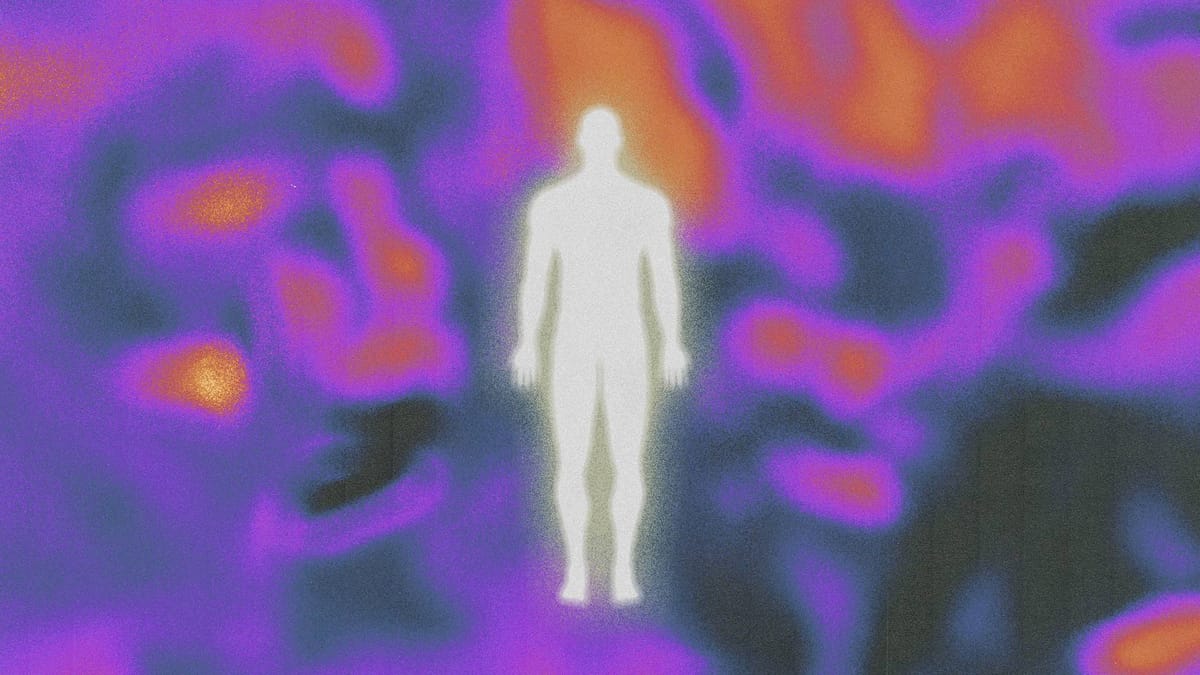Synthetic Media: The Future of Media or Just Hype?
Let’s break down what synthetic media means, where it’s headed, and why entertainment legends like Trey Parker and Matt Stone are betting big on it.

AI is everywhere, and media is no exception. The buzz around synthetic media is getting louder. But what is it really? Is it just another AI-powered trend, or are we witnessing the future of media creation unfold?
Let’s break down what synthetic media means, where it’s headed, and why even entertainment legends like Trey Parker and Matt Stone are betting big on its potential.
What Is Synthetic Media?
Synthetic media is pretty simple; it just refers to content created or manipulated using AI.
Think AI-generated art, deepfake videos, cloned voices, and virtual influencers.
Types of Synthetic Media
- AI-Generated Images: Tools like Runway ML create stunning visuals from simple text prompts.
- Face Swaps: AI-powered face swaps that have gone from meme-worthy to major film tech. Think how Tom Hanks and Robin Wright were digitally de-aged in the film “Here”
- Synthetic Voices: AI voice clones that sound eerily human.
- Virtual Influencers: Digital personalities like Lil Miquela with massive social media followings—despite being entirely fake.
Why Synthetic Media Matters
- Content Creation at Scale: AI creates content faster and cheaper than ever before. On average, 25% to 30% of a company’s marketing budget goes straight into content creation and distribution. That’s a massive slice of the pie—and a major reason why brands are doubling down on AI-powered tools to maximize ROI.
- Creative Possibilities: AI collaboration is opening new frontiers in storytelling and media production.
- Personalization Power: Marketers can craft hyper-customized experiences for their audiences.
Trey Parker & Matt Stone’s Big Bet
The creators of South Park saw the potential early. Trey Parker and Matt Stone founded Deep Voodoo, a deepfake tech company specializing in AI-driven face-swapping.
Their work gained serious attention with projects like the parody series Sassy Justice and Kendrick Lamar’s music video The Heart Part 5, where Lamar’s face morphs into various celebrities.
The Result?
In 2022, Deep Voodoo landed a $20 million investment from Connect Ventures.
"Deep Voodoo has established itself as a leading synthetic media technology platform that has already impacted traditional entertainment. Deep Voodoo uses artificial intelligence to support productions in innovative ways that are faster and more cost-effective than traditional VFX technology."
You can see their synthetic media technology at work in Kendrick Lamar's The Heart Part 5:
Challenges & Ethical Concerns
Of course, synthetic media isn’t all smooth sailing. It comes with its share of ethical challenges:
- Deepfake Misinformation: It goes without saying how this can be a huge problem for consumers, companies, and political stability. Manipulated videos can fuel fake news, create panic, and scam people out of their hard-earned money.
- Copyright Issues: On one side, AI models are trained on existing content—which some argue crosses into copyright territory. On the flip side, isn’t that just like an artist being “influenced” by their peers? After all, humans create by remixing ideas all the time.
Is This the Future of Content and Media?
Who knows. The multi-billion dollar question is: Do consumers even care?
Would anyone blink if their favorite YouTube infotainment video was made entirely by AI? Probably not.
But what about a full-length feature film crafted from start to finish by AI? Maybe.
The tech is ready to grow—but are audiences?

